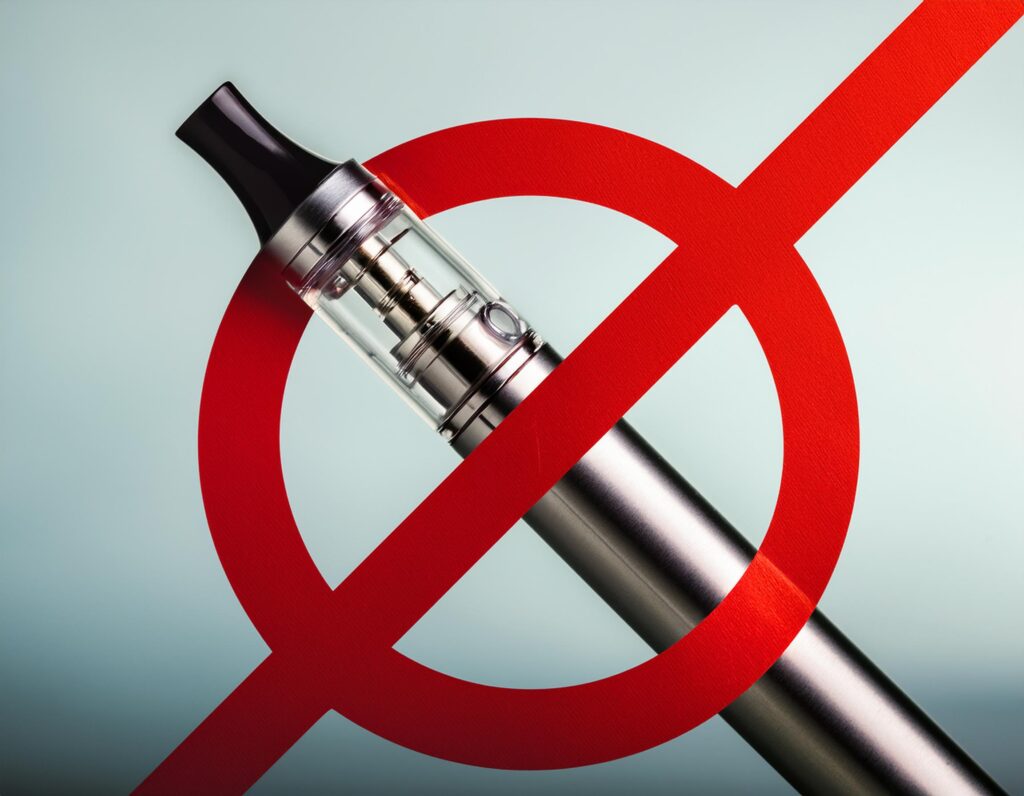
By Debbie Bunch
Benralizumab Injections May Offer New Treatment Option for Acute Exacerbations of Asthma and COPD
Researchers publishing in The Lancet Respiratory Medicine suggest an injection of benralizumab — a monoclonal antibody that targets eosinophils and is already approved for use in those with severe asthma — may be more effective in treating patients with acute exacerbation of asthma or COPD than standard treatment with oral steroids like prednisolone.
The team, which included scientists from Oxford University, the University of Western Australia, King’s College London, and StatMind out of Sweden, randomized a group of patients at high risk of asthma or COPD flareup into three groups. One group received the benralizumab injection plus placebo tablets, another received standard of care, defined as prednisolone 30 mg. for five days, plus a placebo injection, and the final group received both the benralizumab injection and standard of care with prednisolone.
The patients were then followed for 90 days. Twenty-eight-day results showed more significant improvement in symptoms like cough, wheezing, breathlessness, and sputum in the bevacizumab patients compared to patients in the other groups.
At 90 days, four times fewer patients in the bevacizumab group had failed treatment compared to the standard-of-care group. When bevacizumab did fail, it took longer to fail than prednisolone, resulting in fewer visits to the doctor or trips to the hospital.
Quality of life was better in the benralizumab patients as well.
The authors believe the injection could be a game changer in the treatment of asthma and COPD exacerbations.
“Benralizumab can be used as a treatment of acute eosinophilic exacerbations and achieves better outcomes than the current standard of care with prednisolone alone,” they write. “These results offer a new way of treating eosinophilic endotypes of asthma and COPD exacerbations.”
The acute exacerbations treated with benralizumab trial, dubbed “ABRA,” was conducted at two hospitals in the U.K. and involved 158 randomized into the three groups. Fifty-four percent of the patients were female, and the mean age of the group was 57 years.

Financial Hardship Affects Medication Adherence for Many Adults with Asthma
Asthma can be controlled with the proper medications and education, but too many asthma patients still struggle with the condition. A recent study conducted by researchers from the University of Michigan and Taipei Medical University in Taiwan and published online by Thorax suggests financial difficulties may be a significant reason why.
In an analysis of data from 30,793 adults with asthma who participated in the U.S. National Health Interview Survey between 2011 and 2022, they found:
- 18% of survey respondents said they couldn’t afford to take their medications as prescribed, which translates to about three million people in the U.S. with asthma.
- 12% said they skipped medication doses to save money, 12.5% reported taking fewer doses, and 15% said they delayed refilling their prescription.
- While the proportion citing cost as a reason for non-adherence fell from 23% in 2011 to 13% in 2022, one in six adults with asthma still cited financial hardship for not taking their medications as prescribed in 2022.
- The expense was a bigger problem for people between the ages of 18-60, women, black people, people living in the South, and those with low educational attainment, lack of health insurance, low household income, co-existing conditions, and living alone.
- The odds of having an asthma attack nearly doubled among respondents citing financial hardship, and these respondents were also more than 60% more likely to seek emergency care for their asthma than those without financial hardship.
“Asthma is one of the leading chronic diseases. The burden of cost-related non-adherence to medications highlights the need for appropriate policies and social supports to address such problems,” concluded the authors. Read Article Read Abstract

Young Adult Vapers Can Quit with Quitline Support
Here’s some good news on the vaping front: researchers from Ohio State found that nearly half of the young people they engaged with through a quitline vaping cessation intervention were able to quit successfully.
The investigators recruited more than 500 people between 18 and 24 to participate in the study through online sources. The participants, who were e-cigarette users only, were then divided into four groups that dictated how their quitline experience would unfold, including:
- Phone-based quitline coaching alone
- Coaching plus mailed nicotine replacement therapy
- Coaching plus mHealth, a mobile intervention offering texts, links to videos, and other online education and support
- Coaching, nicotine replacement, and mHealth support
At the time of enrollment, 80% of the participants reported vaping daily. By the three-month follow-up, 45% of the group had quit.
Given the high success rate in the program overall, the researchers were unable to determine which of the four groups had the greatest success, but they believe their study shows many young people can quit nicotine before they enter more established adulthood.
“We are very excited to see that this cessation approach worked so well in this group,” said study author Liz Klein. “Next, we’d love to determine how to best facilitate quitting among young people who vape and smoke traditional cigarettes.”
The study was funded by the American Heart Association and published by the American Journal of Preventative Medicine. Read Press Release Read Full Paper
These images were generated with ai.








